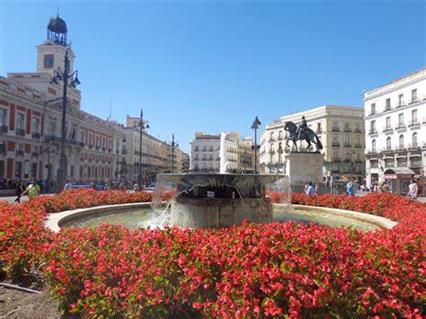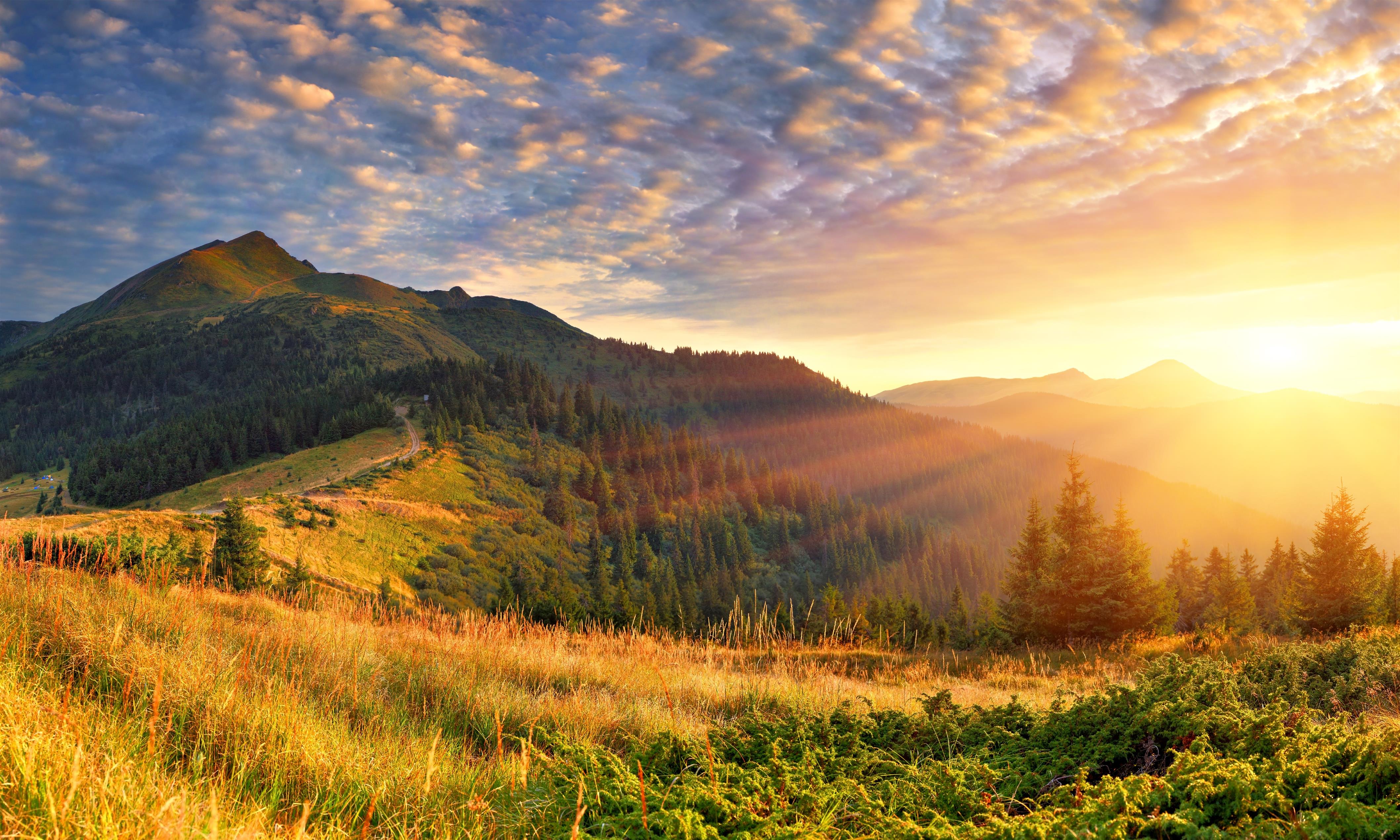Spain, officially known as the Kingdom of Spain, is a country located in Southern Europe. It occupies most of the Iberian Peninsula, which it shares with Portugal. Spain is known for its rich history, diverse culture, and significant influence on global arts, politics, and exploration. Here's an overview of the country:
Geography
Spain is the fourth-largest country in Europe by area and the second-largest in the European Union (EU). It has a varied landscape, including mountains, plains, coastal areas, and islands. Major geographic features include:
- The Pyrenees mountains to the northeast, separating Spain from France.
- The Iberian Plateau, which covers much of the country.
- The Mediterranean Sea to the east, and the Atlantic Ocean to the northwest.
- The Balearic Islands in the Mediterranean and the Canary Islands off the coast of North Africa.
History
Spain has a long and fascinating history that spans from prehistoric times to its modern state today. Some key historical periods include:
- Roman Spain (Hispania): Spain was part of the Roman Empire for several centuries, contributing to the country's cultural and architectural heritage.
- The Visigoths: After the fall of the Roman Empire, the Visigoths ruled much of Spain.
- The Moorish Rule (711-1492): The Muslim Moors controlled most of the Iberian Peninsula, leaving a lasting impact on Spanish architecture, language, and science.
- The Catholic Monarchs (1492): Queen Isabella I of Castile and King Ferdinand II of Aragon unified Spain, completing the Reconquista by expelling the Moors. This year also marks the beginning of Spain's overseas empire, with Christopher Columbus' discovery of the Americas.
- The Spanish Empire: During the 16th and 17th centuries, Spain became one of the world's first global empires, with vast territories in the Americas, Asia, and Europe.
- Modern History: Spain experienced political turmoil in the 19th and 20th centuries, including the Spanish Civil War (1936-1939) and the subsequent Franco dictatorship (1939-1975). Following Franco's death, Spain transitioned to democracy and became a constitutional monarchy under King Juan Carlos I.
Government and Politics
Spain is a parliamentary constitutional monarchy. The head of state is the king, currently King Felipe VI, while the head of government is the prime minister (currently Pedro Sánchez of the Spanish Socialist Workers' Party). Spain has a bicameral legislature composed of the Congress of Deputies and the Senate.
- Spain is divided into 17 autonomous communities (regions) with their own governments and parliaments. These include regions like Catalonia, the Basque Country, and Andalusia. The country has a diverse population with multiple languages and cultures.
Economy
Spain has a mixed economy, which is one of the largest in the European Union. It relies on various sectors, including:
- Tourism: Spain is one of the most popular tourist destinations in the world, known for its historic cities (like Madrid, Barcelona, and Seville), beautiful beaches, and cultural festivals.
- Agriculture: Spain is a major producer of olive oil, wine, fruits (especially citrus), and vegetables.
- Industry: The country has a strong automotive, aerospace, and renewable energy sector.
- Services: Spain's service sector is robust, particularly in finance, telecommunications, and technology.
Culture
Spanish culture is renowned for its contributions to the arts, literature, music, and cuisine. Some cultural highlights include:
- Language: The official language is Spanish (Castilian), though regional languages like Catalan, Basque, and Galician are also spoken in their respective regions.
- Art: Spain has produced famous artists such as Pablo Picasso, Salvador Dalí, and Francisco Goya. Its architecture is equally notable, with landmarks like the Alhambra, Sagrada Familia, and Park Güell.






